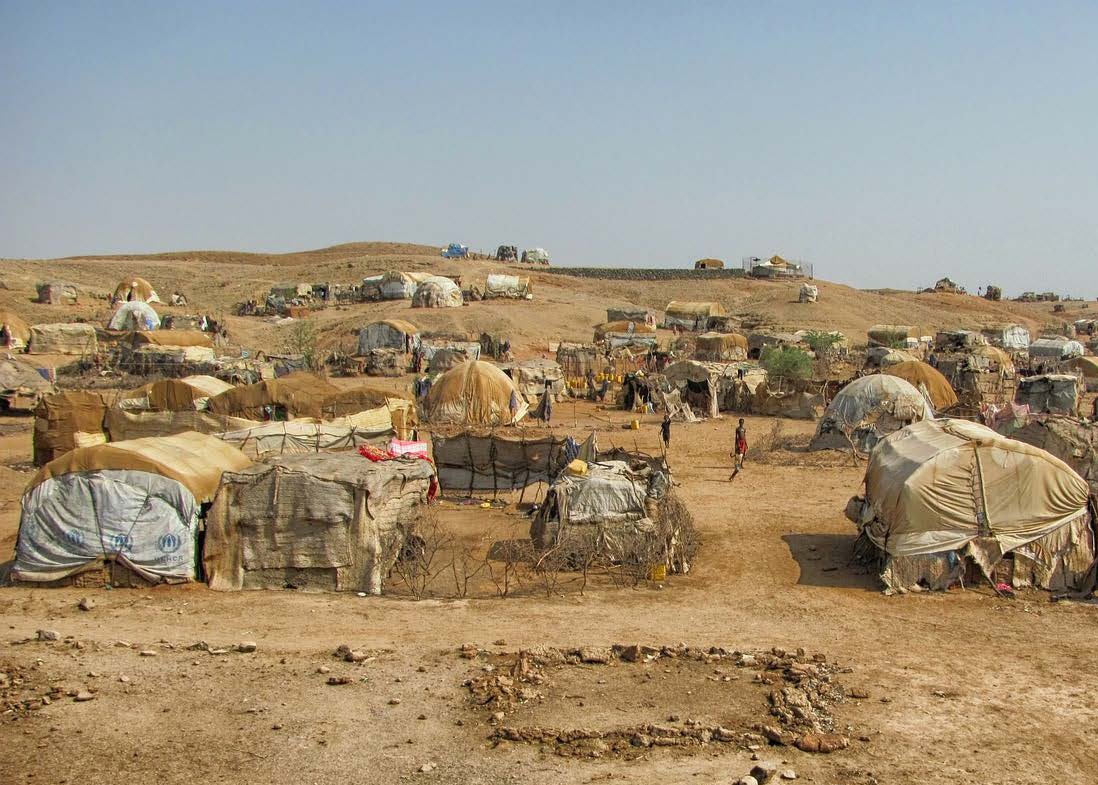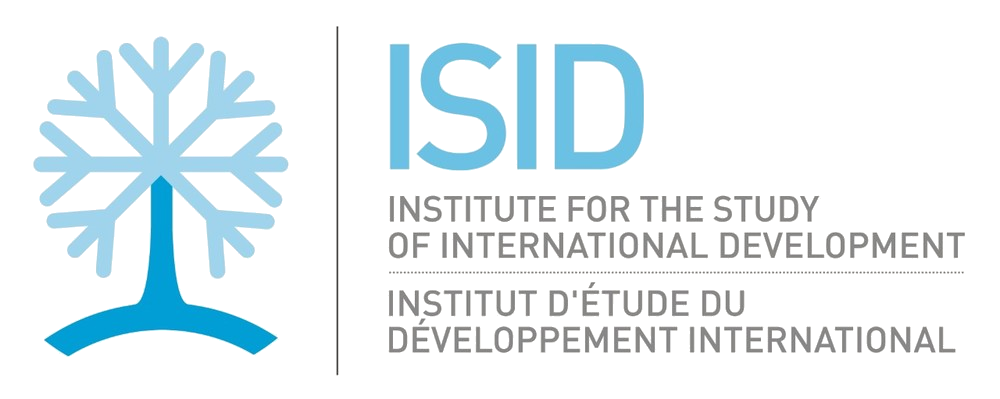The Right of Return: Origins, Evolution and Scope of an International Norm
Megan Bradley

Project Description
In theory, refugee crises are resolved through three “durable solutions”: voluntary repatriation, local integration in the country of asylum, and resettlement to third countries. Since the end of the Cold War, voluntary repatriation has emerged as the predominant solution to displacement in the context of the international refugee regime. In this project, Dr. Bradley is conducting a systematic analysis of the normative principle at the root of repatriation movements: the right of return. The right of return is a fundamental concept in the modern human rights and refugee regimes, but is also the subject of intense public debate, particularly in the Palestinian-Israeli conflict. Calls for the right of return have been issued by displaced persons determined to regain their lost homes, as well as by reluctant host states and overstretched humanitarian agencies seeking to legitimize the closure of camps and return movements that fall short of international law. Yet there is a striking absence of literature that examines the roots, evolution and contemporary political and ethical implications of this principle. Much of the research on the right of return focuses on the Palestinian refugees, overlooking the principle’s influence in a much wider range of cases. In response to this gap, she is completing a manuscript that examines the origins, evolution and scope of the right of return. The manuscript is informed by fieldwork she has conducted on returns in Sri Lanka and post-Katrina New Orleans, as well as by archival research at UNHCR on the return movement of Salvadoran refugees in the 1980s.

